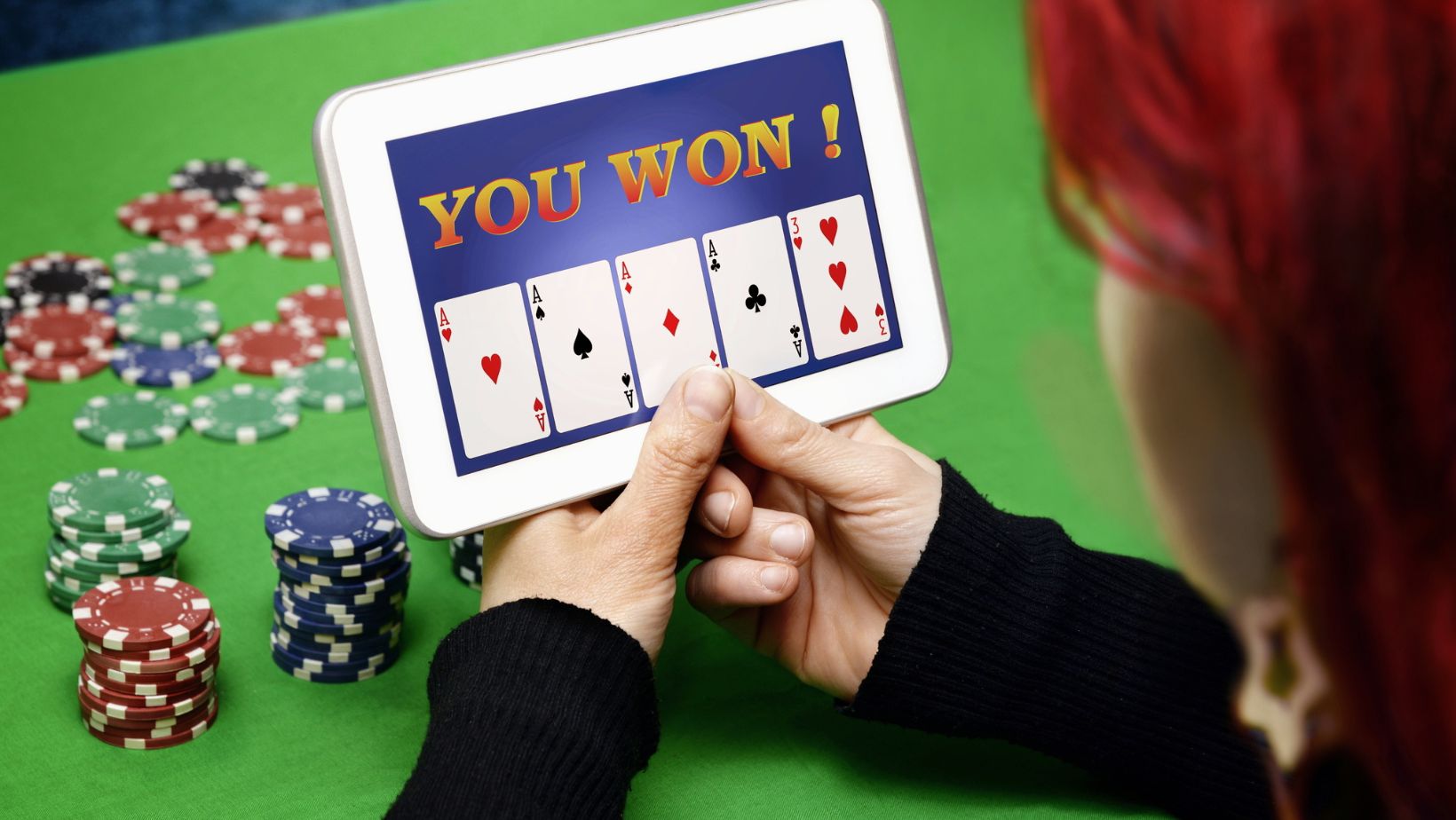In recent years, social gaming has surged in popularity, reshaping how people engage with digital entertainment and, perhaps more subtly, laying the groundwork for the growth of regulated online casinos. These free-to-play environments blur the lines between casual mobile gaming and real-money gambling, creating a low-stakes introduction to the casino experience without crossing legal boundaries.
At the heart of this trend are social casinos, platforms that simulate classic gambling experiences like slots, poker, or roulette using virtual credits that carry no real monetary value. Unlike traditional online casinos, these games don’t require licenses to operate, since there’s no actual betting involved. That regulatory grey area allows social casinos to flourish in regions where gambling is restricted, attracting a broad and diverse user base.
The appeal lies not just in gameplay, but in the experience itself. Social casinos are built around community-driven features: chat rooms, leaderboards, achievements, tournaments, and even live streaming. These gamified elements transform solo play into a shared, competitive, and interactive activity, meeting modern players’ demand for entertainment that also delivers a sense of belonging. For instance, betboo integrates these features to create a vibrant and engaging casino community.

It’s no coincidence that the rise of social casinos parallels larger societal shifts, such as the move to remote lifestyles and increased digital interaction. As people spent more time online, especially post-pandemic, they gravitated toward platforms that offer both play and connection. Operators seized this opportunity, introducing features like daily missions, progression tracks, and multiplayer challenges to enhance user engagement and retention.
Monetisation follows a familiar “freemium” model: players get a limited number of virtual credits to begin with, then either wait for replenishment or purchase more. While this keeps gameplay technically free, in-app purchases and advertising are often lucrative revenue streams. Interestingly, this model shares similarities with mobile gaming as a whole, yet its casino-inspired format makes it a natural segue into the regulated gambling space.
Social casinos inadvertently and softly introduce gaming to an audience and help licensed casino brands like Jackpot City Online Casino NJ to be more acceptable in the eyes of potential players. Once players are comfortable navigating slot mechanics or blackjack rules in a risk-free environment, they’re far more likely to transition to licensed platforms when ready to play with real stakes.
Beyond user onboarding, these social-first experiences are also influencing how licensed casinos operate. Many are now integrating gamification and social elements to mirror what made social casinos successful in the first place. Features like loyalty rewards, community competitions, and real-time chat are now staples in leading online casino platforms, helping to extend session times and build loyalty.

Ultimately, social gaming has become more than a casual pastime, it’s a stepping stone that educates, acclimates, and entertains. As technology continues to evolve and consumer habits shift, the lessons learned from social casinos are shaping the next generation of regulated iGaming. In doing so, they bridge the gap between fun and finance, between novelty and legitimacy, guiding players on a path that’s both engaging and increasingly accepted.


